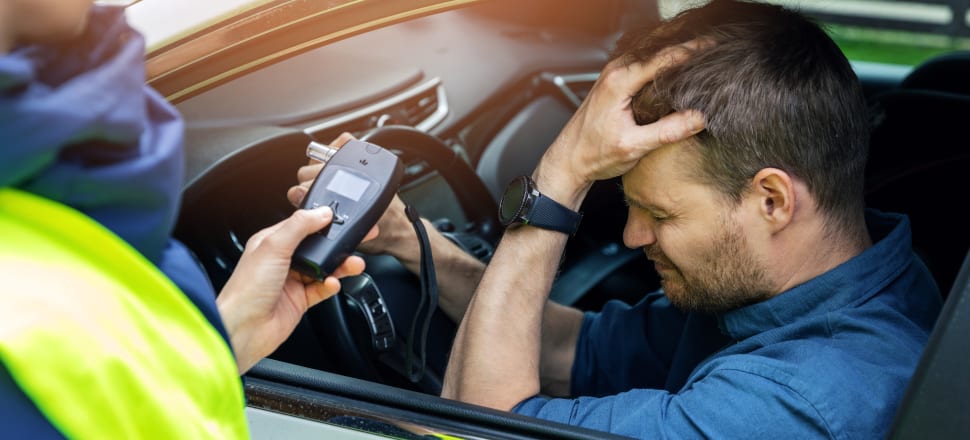
Random roadside drug testing won’t come into effect next week because the oral tests required don't exist
Random drug testing for motorists was due to begin on March 11, but has been deferred indefinitely.
Ministry of Transport Road to Zero director Bryan Sherritt said some aspects of the legislation would still come into force, just not the random oral roadside tests.
READ MORE:
*Why cannabis use doesn’t equal impairment
*Top cop confirms health response is way out from methamphetamine
“We know that illicit substances and prescription medicines can impair driving. Studies show New Zealanders are using those impairing substances and driving, contributing to the harm we see on our roads each year.”
“Random roadside drug testing of saliva will not be coming in from 11 March 2023, as an appropriate device could not be found following the procurement and testing process.”
The Land Transport (Drug Driving) Amendment Bill was passed in March last year and made it legal for police to conduct random saliva-based roadside drug tests on any driver.
People who had drugs detected in their system by way of two oral tests faced a fine, demerit points and a 12-hour suspension from driving.
“We applaud the police for not rushing out tech that doesn’t work. No one wants innocent people punished." - Sarah Helm.
Those who failed the oral tests could request a blood test; however if they failed that, they faced harsher penalties, including criminal charges depending on the levels detected.
At the time, concerns were raised about the efficacy of the oral tests, with medical professionals telling law-makers oral tests could throw up false negatives or positives - and did not test for impairment levels.
Drug Foundation executive director Sarah Helm said it was good news that unsuitable technology was not being rolled out.
“We applaud the police for not rushing out tech that doesn’t work. No one wants innocent people punished.
“No one wants impaired drivers on the road either and we note the law is still in force and that if police find impaired drivers, they are undertaking compulsory impairment tests and blood tests where relevant.”
“It's a bit frustrating I'd have to say because I certainly think the expectation was that we'd have this legislation available to us to use come March 11 and that clearly isn't the case." - Chris Cahill.
She stood by earlier calls from the Drug Foundation for an effective oral roadside impairment test to be created instead.
“Not only would that make our roads safer and remove unfit drivers, it would make us world-leaders in this space.
“While blood alcohol measurement is quite straightforward, the same science doesn’t carry over for other substances and prescription medicine. Presence in saliva doesn’t necessarily mean someone is impaired.”
Police Association president Chris Cahill said lawmakers were “ahead of the game” creating legislation for technology that did not yet exist.
“They've passed the legislation so that once the device is found or invented, the legislation is already in place, so you could say they’ve put the cart before the horse, and they've come up with a great idea that can't actually achieve anything because it doesn't exist.
“It's a bit frustrating I'd have to say because I certainly think the expectation was that we'd have this legislation available to us to use come March 11 and that clearly isn't the case.
Associate Transport Minister Kiri Allan said the government was committed to minimising drug driver harm on the roads.
“The element of the legislation in question was designed to minimise drug driver harm and we remain committed to that purpose. While parties had differing views on approach, it was agreed by the coalition Government that the legislation introduced should provide Police with an appropriate legal framework in the near future to randomly test for drivers under the influence of drugs.
'Police have advised that through their process to identify the appropriate technology, to carry out testing to a level of accuracy that can be use at the roadside, it doesn’t yet exist."
Bryan Sherritt said police would continue to identify drug drivers using their compulsory impairment test method and seek a blood test to confirm the presence or concentration of qualifying drugs if required.
The new infringements and criminal offences continue to apply from March 11 as planned.
In the meantime, Ministry of Transport and police officials were working on further advice for ministers on what the next steps would be for random roadside drug testing.







